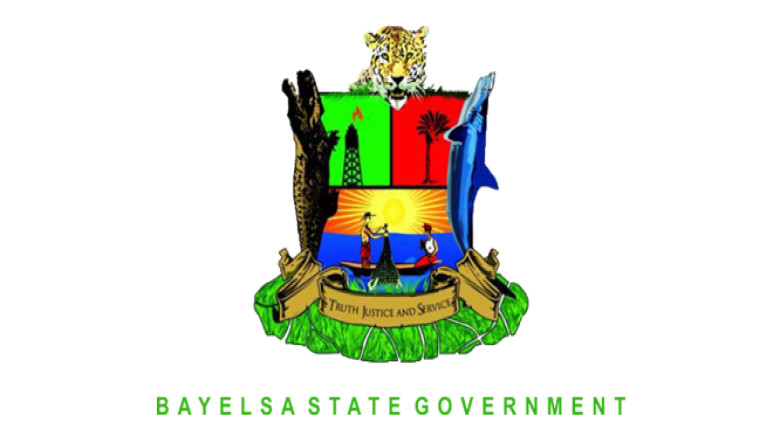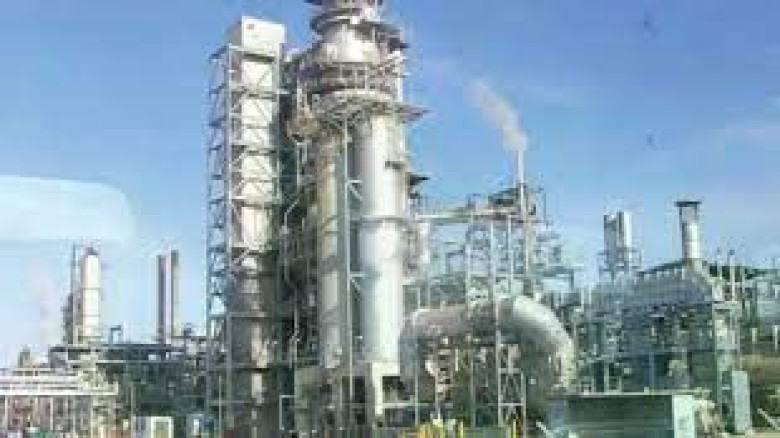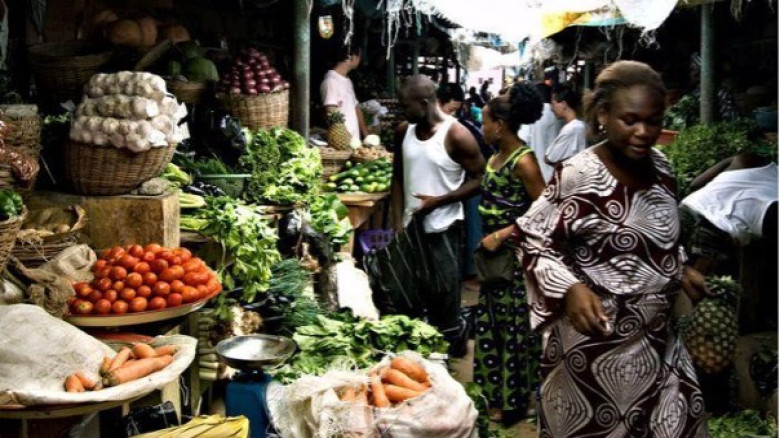The Hidden Price Tag of Nigeria's Food Systems: A Staggering $105 Billion, Claims FAO Report
In a groundbreaking revelation, the Food and Agriculture Organization (FAO) has quantified the concealed costs affiliated with Nigeria's food systems at a staggering $105 billion. This pivotal report provides the first instance of national-level calculations, permitting cross-country comparisons of cost categories with its refined methodology. With plans to unfold this theme across two consecutive installments of The State of Food and Agriculture report—a first in FAO's history—the organization is setting the stage for more nuanced interventions. The forthcoming assessments, scheduled for next year, are anticipated to delve deeper into targeted analysis in order to better strategize on mitigation approaches. The report appeals to governments worldwide to harness powerful tools at their disposal—taxes, subsidies, policy amendments, and regulatory frameworks—to incite transformative changes in agrifood systems. By adjusting these levers aptly, there's the potential to concurrently confront the climate crisis, alleviate poverty, bridge inequality gaps, and fortify food security, thereby benefiting sociocultural and economic landscapes on a global scale.QU Dongyu, the director general of the Food and Agriculture Organization, delivered a message with a sense of urgency, underlining the escalating global challenges that threaten the stability of our food systems. His statement comes amidst concerns over food availability, accessibility, and affordability, which are exacerbated by the climate crisis, biodiversity loss, economic uncertainties, and an exacerbation of poverty among other crises.
"The future of our agrifood systems is contingent on our collective ability to recognize and value all food producers, irrespective of their scale," asserted Dongyu. He emphasized the importance of comprehending the true, often overlooked costs incurred by every facet of food production and distribution.
In a call for global solidarity, Dongyu hopes that the recent report serves as a catalyst for action among all stakeholders. His aspiration is that the data and insights presented will motivate a united effort to fundamentally transform agrifood systems, fostering a more equitable and sustainable environment for all parties involved.
"I envision this report to be more than a collection of data; it should act as the spark for a communal pledge to better our agrifood systems for the collective good," Dongyu concluded, stressing the importance of shared commitment to bring about meaningful change.

























Leave A Comment